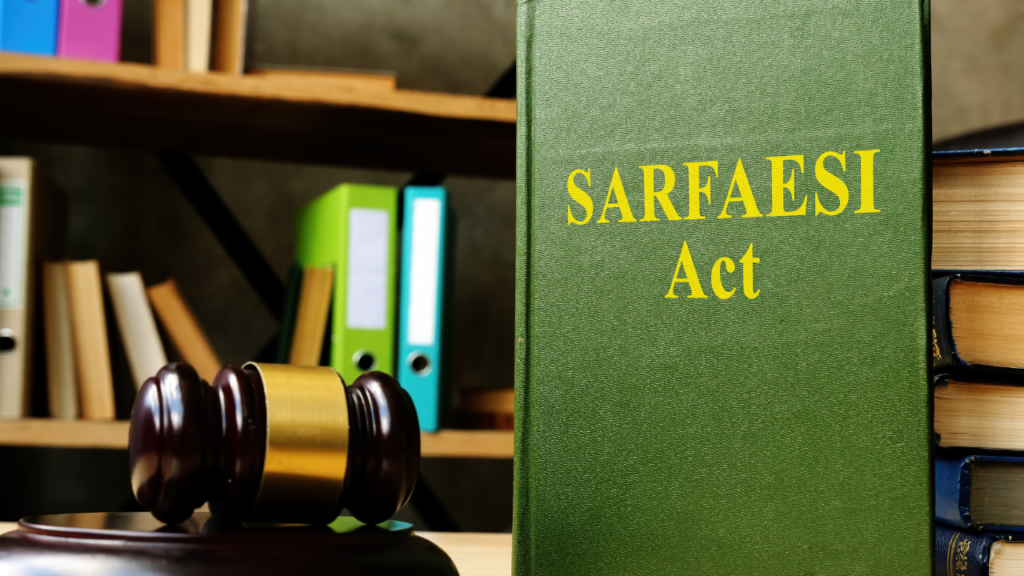
We would have been seeing in newspapers and hearing about stories from our friends, relatives, and others on how people are stressed out when insistent creditors come knocking on their doors, when their parents or their dear ones have passed away, and they have left out some outstanding loans. Unfortunately, it is typical for descendants to become embedded in the financial consequences of their parents’ life. Let us try to discover answers to some important issues in this respect.
Who is accountable for repaying parents’ debts?
Legal heirs’ duty to pay off their parents’ debt obligations after their death is determined by a number of variables, including the type of the loan, whether the legal successor has agreed to function as a co-borrower or co-guarantor, and so on. The Hindu Succession Act states that no legal proceeding can recover a debt from a son, grandson, or great-grandson merely on the basis of an ethical responsibility under Hindu Law to pay the debt of his father, grandfather, or great-grandfather. Yet, if the legal heirs have openly consented to accept accountability for the debt, this rule is not applicable and they are obligated to pay it.
What occurs in the situation of unsecured debt?
In the event of unsecured debt, such as credit card bills and personal loans, legal heirs are often not personally accountable to pay it. These debts are to be paid out of the deceased person’s estate, if any. If the deceased’s assets are insufficient to pay off the obligation, creditors may be forced to write off the debt amount at their end. A legal heir can’t be held personally accountable to repay the outstanding balances on these unsecured debts. It should also be emphasized that the deceased’s statutory responsibilities, such as income tax, etc., have first claim on the deceased’s estate and hence will be prioritized accordingly.

What happens in the situation of secured debts?
Secured debts, such as home or car loans, are typically associated with a property or asset that is mortgaged in lieu of the sum of the loan. In these circumstances, the surviving guarantor or co-borrower of the pledged asset bears the primary responsibility for the burden. In the absence of any of them, banks often consider the legal heirs. If the legal heirs want to keep these assets, they must continue to repay the debt. If not, the property or asset might be sold to repay the loan. In this situation, too, the legal successors are not personally accountable for any debt that outweighs the asset’s worth. In reality, legitimate heirs will get any surplus funds after the debt is paid off using the asset’s sale proceeds. It is recommended that the legal heirs do a thorough cost-benefit evaluation of the asset in consideration before deciding whether to repay the loan or sell the asset.
Other counter-arguments by some experts:
However, some legal professionals view the law in a different way. They claim that legitimate heirs are ethically and legally obligated to repay the debts taken by their deceased parents. According to them, when assets are inherited, the legal heirs receive both the deceased’s assets and liabilities.
Firstly, debts are handled through the deceased person’s estate, and if the estate does not have sufficient assets to claim, creditors may have claims on the assets acquired by the legal heirs. But as explained above, experts believe that the handling of debts varies depending on the type of loan issued. As an example, home loans may include special rules (mentioned just below in the next paragraph) for passing on the property to the legal successors, but unsecured debts such as personal loans and credit card debts allow the creditor to collect the unpaid balance from the deceased’s legal heirs. When money is borrowed from family and friends out of love or mutual confidence, there is no legal accountability to repay them back by the legal heirs. But there are also some voices saying that after a person’s death, all personal income tax liabilities are waived-off by the tax-man authorities.

In the event of a loan that is secured, a bank or financial institution may collect a deceased person’s debt from their legal successors under the ‘Securitisation and Reconstruction of Financial Assets and Enforcement of Security Interest Act’, 2002 (commonly known as SARFAESI Act). Furthermore, subject to the loan type and paperwork completed, the lender may exercise their rights under the law against the deceased person’s legal successor. While legal heirs are not inevitably responsible for their parents’ debts, the complexity of succession and debt settlement necessitates cautious analysis.
Final takeaway:
Obtaining legal guidance and knowing the intricacies of personal laws can help legal heirs navigate financial challenges that may arise after their parents’ death. So, it is the onus or responsibility of the parents to ensure that they have made all the necessary arrangements for their debt settlement after their demise and hence the asset or debt inheritance after their demise is done smoothly for their legal heirs. It should not be a case that the debt burdens on the children or the legal heirs making them think bad about you, even after your death. At least, discuss with them openly about all your assets and debts, and give them a brief plan of how should they attend to those outstanding debt and what assets should they realise at which occasion.





